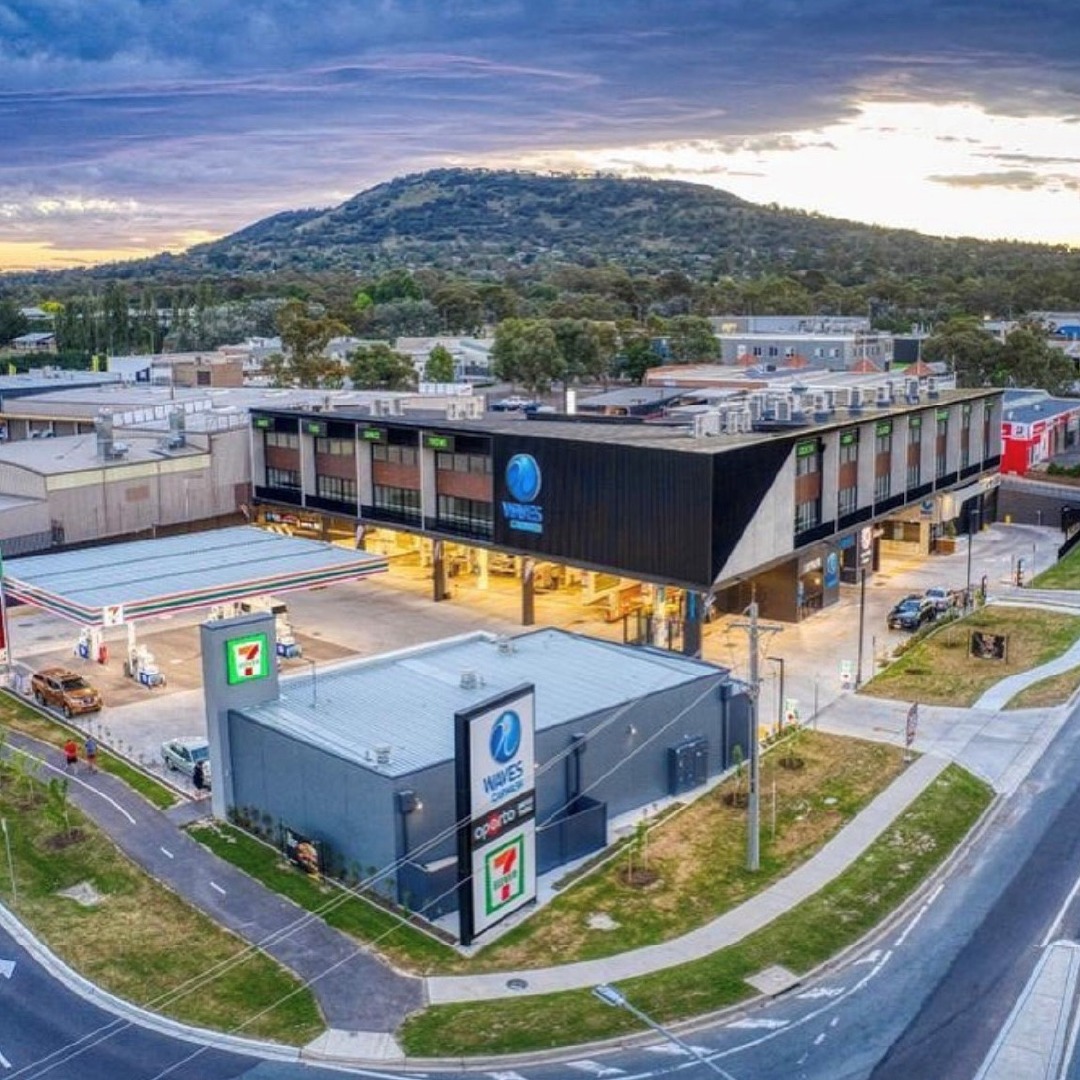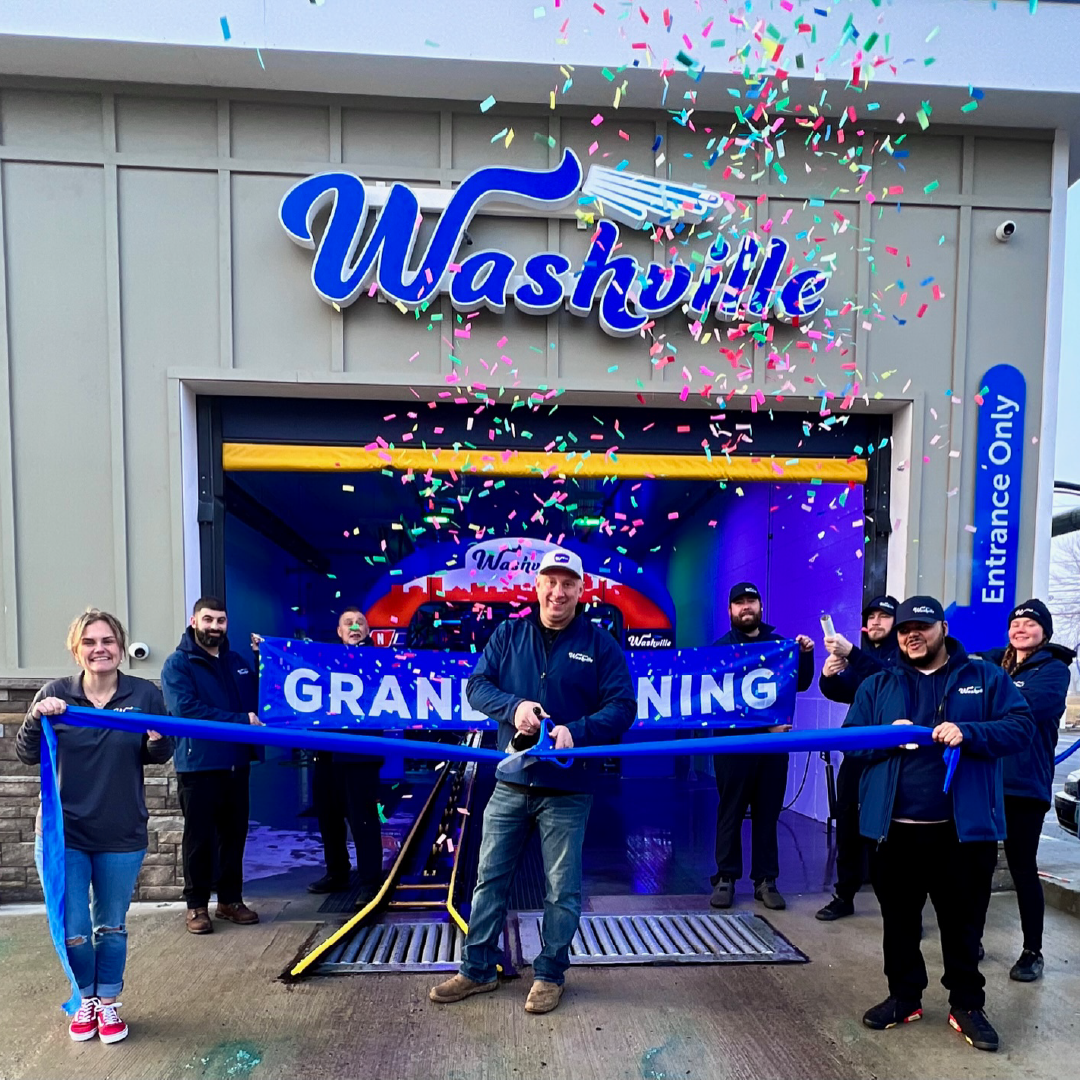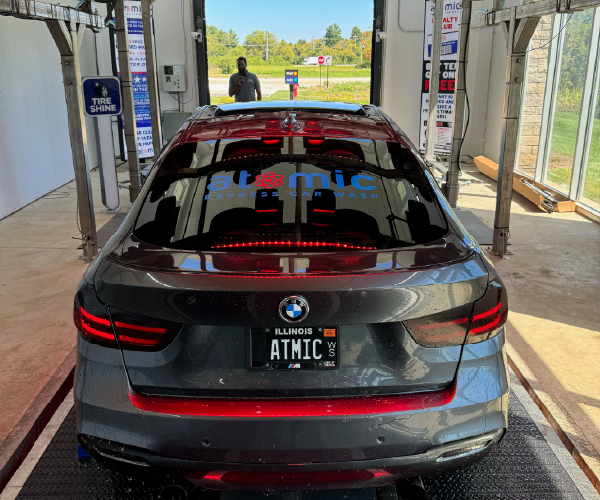
Survey Says...
June 22, 2020
5 minute ReadBY FIONA SOLTES
If your current view of surveys is that no one will respond, or they won’t be fully honest if they do, it might be time for a closer look. In these days of people feeling increasingly comfortable expressing their thoughts and opinions through social media, surveys can provide not only insight but also a jumping-off point for increased employee engagement, retention and best-in-class culture. The key, according to the experts, is to know what to ask and how to ask it, and then to act on what you discover.
“The biggest piece of advice I’d offer, especially for the first time, would be to make sure that you accurately address the information that is given back to you,” said Robert Andre, Vice President of Training and Education at Sonny’s Enterprises. “Make sure it’s not a dead end. They’ve got to feel like someone is listening, so don’t just instantly dismiss it.”
Management may get emotional and take a defensive stance against whatever a survey reveals, he said, “but it’s better to understand your employees and where they’re coming from.”
Participation will grow when employees feel valued and heard, and notice that their involvement makes a tangible difference. Otherwise, when it’s time for the next survey, you may just get a handful back, without any real insight.
Sonny’s, a leading manufacturer of conveyorized car wash equipment, parts and supplies, regularly performs both internal and external surveys. It only makes sense; the company philosophy is that Sonny’s doesn’t really have “employees.”
“We have external customers and internal customers,” Andre said. “The school of thought is, if you don’t keep your internal customers happy, how can you expect them to keep your external customers happy?” External surveys might include focus groups and interactive experiences, but internal surveys for the company’s 400 or so workers are more likely done through an online tool like SurveyMonkey. Those focus on employee satisfaction, workplace experience, training, relationships with supervisors, product feedback and the like, and thanks to past experiences, response rates are high.
“By and large, there’s a willingness to jump in and do them,” Andre said. “There will always be a handful who won’t. But employees know that these surveys are being seen by upper management, and they know that they listen, pay attention and follow up with things … Surveys send a message that we’re paying attention.”
Sonny’s, a frequent winner of top-workplace awards, offers regular surveys through desktop and mobile and even provides PCs in company breakrooms if employees would rather take them there. The surveys are often multiple choice; about 80% of questions in each survey are standard for compiling data over time, but the other 20% will change based on initiative, campaign, time of year or other factors. Sometimes surveys are just aimed at a particular department. Regardless, the surveys are typically driven by a current or proposed changes in order to gauge feedback.
‘A PIECE OF THE PUZZLE’
At Finish Line Car Wash, with eight units in Kentucky, Tennessee and Illinois, surveys are typically done 30 days into employment, providing feedback on orientation and onboarding.
“It provides some insight into how well we’re executing in the perspective of a new team member, and that’s always interesting,” said Chris Presswood, Managing Partner/Senior VP of Operations, Finish Line Car Wash/Mammoth Holdings. “Whether it’s accurate or inaccurate, it’s still accurate to them.”
Surveys offer an opportunity to open up a dialogue between a team member and management, but Presswood wants to be clear: “It’s not the puzzle. It’s a piece of the puzzle. When you assess the building of a high-functioning team, there are multiple pieces to that, and one of them is assessing and appraising your team members and how things are going from their perspective.”
Equally important, however, is the opportunity to build a culture.
“Companies have things that go wrong,” he said. “We’re working with people. But when you solicit and care about people’s opinions, it creates a culture. The idea is really simple: Systematically, we need to send messages that we care about them.”
The company, which was recently acquired by Mammoth Holdings, also highlights external survey responses to build culture. Feedback from a quick survey posted on the website, for example, is posted on company “huddle boards” and shared in instant-messaging and internal networks the day it is received. If the feedback refers to a problem, it is typically addressed within hours. The extra eyes and ears from customers, he said, give management legs.
“At the end of the day,” he said, “if you’re not interested in serving customers, you’re probably going to have a tough time in our culture because we are customer focused. It sounds cliché, but they’re what signs the check.” Surveys results have led to strategic changes in the business model, in equipment packages, in location flow and more. And all the while, employees see and experience that response firsthand.
Matthew Wride, President of DecisionWise, a human-resources consulting firm that develops and conducts employee engagement surveys, among other efforts, said there’s often a misunderstanding between employee experience and employee engagement. The employee experience, he said, is related to a “deliberate culture and everything you do to shape what it feels like to be a part of that organization.” An outcome of that, however, is employee engagement. “That’s where they give more than they’re asked. It’s an emotional state where they are committed and energetic toward their work.”
Surveys, then, if presented and received in a thoughtful manner, can help employers understand what the employee experience is really like, and greater engagement can be the result.
“If done in the right way, surveys can say a lot,” Wride said. “Especially when they’re done in a way where gratitude and action take place. It shows a commitment to making the employee experience the best that it can be.”
SURVEYS 101








